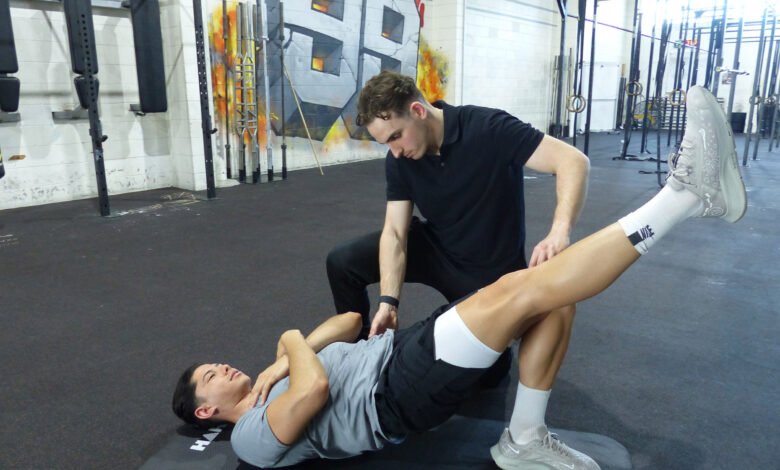Holistic Physio Care Plan for Injury Management and Prevention
Holistic Physio Care Plan for Injury Management and Prevention

In today’s fast-paced world, injuries—whether from sports, work, or daily activities—are an unfortunate reality for many. While conventional treatments often focus on the injury itself, a holistic approach to physiotherapy encompasses the body, mind, and spirit, aiming to treat the individual as a whole. This article explores how a holistic physio care plan can enhance injury management and prevention.
Understanding Holistic Physiotherapy
Holistic physiotherapy is a comprehensive approach that recognizes the interconnectedness of the body and mind. It combines traditional physiotherapy techniques with alternative therapies to foster overall well-being. This model considers factors like emotional health, lifestyle, and environmental influences on physical health, leading to a more personalized treatment plan.
Components of a Holistic Physio Care Plan
A thorough evaluation is essential to understand the patient’s physical condition, medical history, and lifestyle. This assessment includes identifying movement patterns, muscle imbalances, and emotional well-being.Based on the assessment, physiotherapists develop personalized treatment goals. These goals aim not only to alleviate pain but also to enhance functional movement, prevent future injuries, and improve overall quality of life.
Manual Therapy
Techniques like myofascial release, joint mobilization, and soft tissue manipulation are employed to alleviate pain, restore mobility, and enhance circulation. These hands-on approaches are integral to managing injury and supporting the body’s natural healing processes.A tailored exercise program is crucial for rehabilitation and prevention. This program may include strength training, flexibility exercises, and functional movements that mimic daily activities. Engaging in regular exercise helps to enhance strength, improve coordination, and build resilience against injuries.Empowering patients with knowledge about their condition and self-management strategies is vital. This may involve training on proper body mechanics, ergonomic adjustments, and lifestyle modifications to reduce the risk of re-injury.
Complementary Therapies
Incorporating therapies such as acupuncture, massage, yoga, and mindfulness can significantly enhance the recovery process. These practices address not only the physical aspects of healing but also the mental and emotional challenges associated with injury.Nutrition plays a pivotal role in healing. A holistic physiotherapy plan may include guidance on a balanced diet rich in anti-inflammatory foods, hydration, and lifestyle changes that promote recovery and prevent injuries.Regular follow-ups are essential to monitor progress, reassess goals, and make necessary adjustments to the care plan. This ongoing support fosters motivation and accountability.
Benefits of a Holistic Physio Care Plan
By addressing physical, emotional, and lifestyle factors, patients often experience a more efficient and effective recovery.A focus on injury prevention strategies, including strength training and education, helps to minimize the likelihood of future injuries. Holistic physiotherapy promotes not just physical health but also mental and emotional well-being, leading to a higher quality of life.Patients feel more in control of their health and recovery process, fostering a proactive approach to injury management.
Conclusion
A holistic physiotherapy care plan is a powerful approach to injury management and prevention. By considering the whole person—body, mind, and spirit—physiotherapists can create comprehensive and individualized care plans that enhance recovery and promote long-term health. Whether you’re recovering from an injury or looking to prevent one, embracing a holistic approach can lead to more sustainable outcomes and a healthier, happier life.


